I can’t tell you how many emails, text messages and phone calls I’ve received from a close friend, relative or complete stranger wanting to know the answer to this million dollar question:
“Hey Jayme, what are your rates? I’m being hired to _________ and I don’t know what to charge.”
Let’s say it’s a recording session. Should I charge by the hour? Per song? Per individual track (guitar players and vocalists often do a lot of doubling)? Or maybe it’s a gig. Do I charge them for gas? Parking? By the hour? Sometimes it’s a song they’re selling, or a studio space they’re renting, or time they’re spending behind the mixing board. You’d be amazed at how many people unintentionally walk into situations that require them to bid a customer, completely unprepared to do so.
Because if you think about it, that’s what you’re doing. Bidding a job. It’s sort of like being a contractor, going to a potential worksite and observing the amount of work, materials and man-hours required and giving an estimate (sometimes it’s an approximation, sometimes not). If you’ve ever had experience in this area then you know everything I’m about to tell you. If not, then here’s what I usually tell people.
I think one of the most important things you can do, whether or not you play music professionally, is to establish your rates FOR YOURSELF. Now, this information really comes in handy when other people ask for it and you don’t need to lolly-gag around with things like, “I’ll get back to you,” or “I don’t know, what do you think?” But believe it or not, this information is MOST HELPFUL for YOU personally. I’ve spent time calculating my full day rate (8-10 hours of work), a half-day rate (5-6 hours), a per-song rate, a bundle-deal (I’ll charge less per song if they ask me to record 4 or 5 instead of just 1), I also have a rate per song if I need to travel to their studio or if I can do it from home, a tour-day rate and an off-day rate (usually when we’re traveling). By the way, each of these rates include two different rates, one is the “friend price” and the other is for everyone else. It’s good for business to “hook up” people who will likely come back for more, people who have worked for you in the past, and close friends and family – unless they refuse and only want to pay you full price (don’t be stubborn).
Now, the reason I’ve stated that YOU need to know this information for YOURSELF is because you need to know what your time is worth to you. Duh! I know how much money I’m making if I’m gone for an entire day and I know how long it’s going to take to track one or four songs. But this information also helps me to gauge whether or not I should take the gig altogether, and not just bid the customer. Let’s say it’s a friend asking for a favor, or a ministry asking me to volunteer. Depending on what they’re asking me to do or how much time they’re requesting, I’m fully aware of what I’m giving up to be a part of it. And it’s not that the number of dollars or hours really matters, but if I can’t afford to devote that much time (i.e. not accumulate that much money) then I know whether or not I can do what they’ve asked me to do. Cuz let’s be honest, not everything pays. You’ve probably heard the expression, “Take every gig you can get because you never know where it’s going to lead!”
Well, if you do just that you’ll probably end up tired, withered, out of time, out of motivation, over-used and just plain “over it.” You probably won’t have enough money to go on, either. I’m of course saying this from experience, not as a generalization.
So figuring out your rates actually helps you to establish your self-worth and will sort of be your practical-compass. It’s NOT your moral-compass, however; don’t judge your morals, limits and boundaries by the amount of coin it brings in. It doesn’t go well AT ALL – trust me. I advise you not to do ANYTHING just for the money, that’s just asking for misery. But practically this information will tell you if you can afford to do what the customer is asking. That’s good to know!
Now I don’t advise you to divulge all of this information to your potential customer, either. “Hey Jayme, what’s your rate for recording?”
“Well, if you want one song it’s this, for 2 songs it’s this, if I have to drive it’s mileage, if it’s on a month that ends in a vowel it’s this…”
Marketing 101: keep your options brief and to the point. Give them one price, not 20 to choose from. Choices and too many options create confusion for shoppers. I’m at Home-Depot and I look at a tool that says it’s worth $20. I ask myself, is it worth $20 for what I’m going to use it for? If yes then I buy. If no then I continue shopping. Not that hard of a decision. Now, you may need to ask them some more questions about their project before giving them a price (both for their protection and yours). “Hey Jayme, what’s your rate for recording?”
“Well, how many songs? What kind of songs are they? Do you want me to come to your studio or can I do it from home and email your files?” When they answer these questions I know which rate to give them. Simple. Done. Moving on.
Let’s talk about how to develop these rates. It’s going to vary for everyone in many ways, by availability, by zip code, by expertise, by experience, quantity, quality, whether or not it’s a full moon (you’d like think that I’m joking)… If you’ve been doing this for a while in your area then you already know what the “going rate” is. So place yourself below it, on it or above it depending on how you think you stack up to what’s “average.” Only you can make that decision. One thing that might help is to start from the end and work backwards.
Ask yourself, “How much money do I want to make this year?” And be honest. And be PRACTICAL! Don’t answer with A MILLION DOLLARS. Seriously, what would be a good take-home for you this year, maybe slightly above what you did last year? Let’s just assume that I want to make $50,000 this year. First we need some data: There are 365 days per year and about 104 weekend days. This means 261 business days. If you subtract the 10 legal bank holidays taken this would be about 251 business days a year, but the investment industry bases all estimates on 252 trading or business days per year.
Cool, so let’s use the number 252 for our purposes. If I want to make $50k this year, and I have 252 days to do it in, how much money do I need to bring home each work day? 50,000/252=198.41
If I want to make $50k this year then my day rate should not be any lower than $200. I may factor in the thought that I won’t be working EVERY SINGLE DAY, which is more than possible for musicians, so maybe $300 is a more suitable day-rate to include this risk. So let’s keep working backwards.
$300 per day divided by 8 (the amount of hours a typical 9-5er works) equates to an hourly rate of $37.50 per hour. I now know what my half day rate is, and if I can figure out how long it’ll take me to do a song (maybe it’s 1.5 hours, set and tear-down included) I also know how to charge per track. I can also factor in gas, mileage, overtime, taxes and a whole number of different things. The whole point here is to be organized and above all else HONEST. Are you truly worth what you’re saying you are? Your rates may fluctuate at first, but you’ll eventually settle into something comfortable. Then, like all businesses, don’t be afraid to inflate. It’s a natural part of economics; prices go up and so should yours. Not steep, quick, or unfair, but enough to keep you competitive.
“But Jayme – What if it’s something I’m not the best at? Do I charge an amateur rate?”
I’d say no, and here’s why: whoever is asking you to work for them obviously appreciates what you do. They’re not hiring you because you’re the best of the best (if that’s who they wanted they’d fork out top-coin and hire him/her), they’re hiring you because they want to work with you. I’ve hired plenty of people (not necessarily for music work, by the way) simply because I liked them or they’re personality or work ethic or _________. So I’d say don’t underestimate yourself. Give them what they’re asking for (YOU) at the price you think you’re worth.
And I know I said this already, but BE HONEST! Nothing shows itself MORE quickly than something that I paid too much for. That “non-stick, scratch-resistant pan” that was $120 and stopped working after a week; that expensive Wonder-Spray that didn’t remove the rust on my BBQ grill; that new mobile phone that’s SUPER buggy and glitchy… You know what I’m talking about. Build your rates to be fair and honest and you will be setting yourself up to do great business.

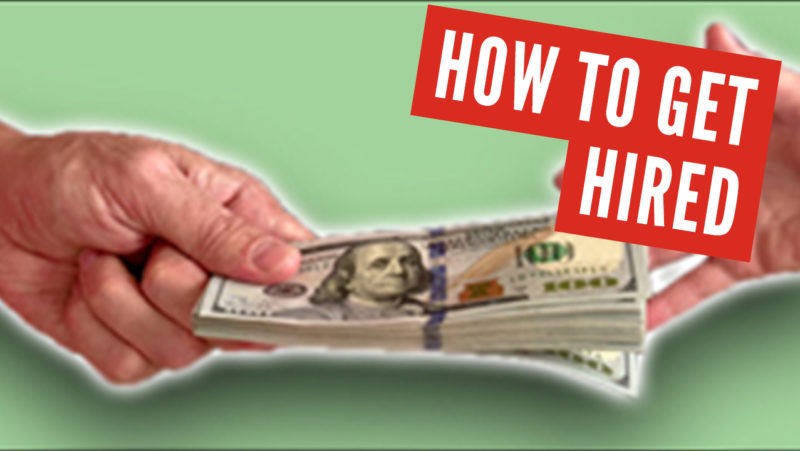
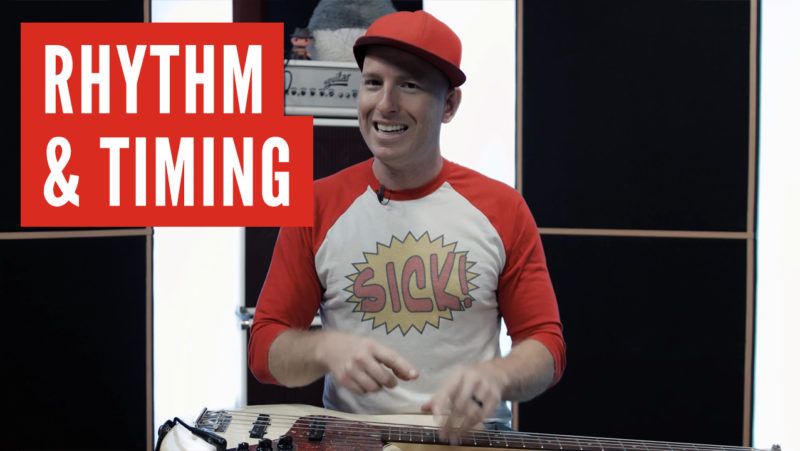
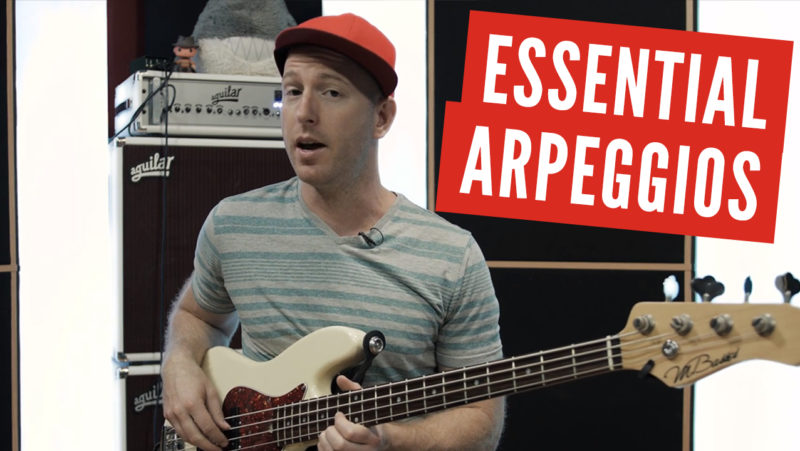
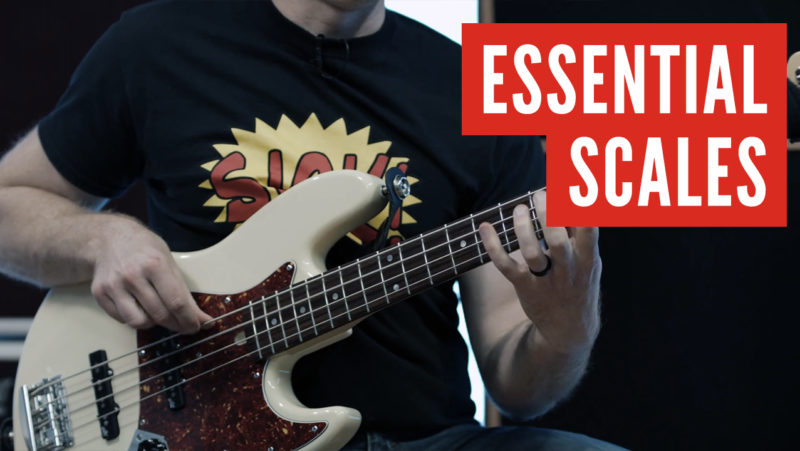
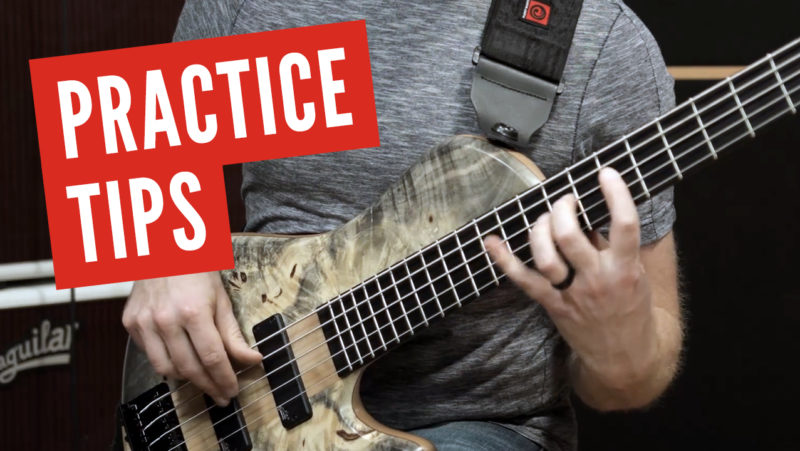
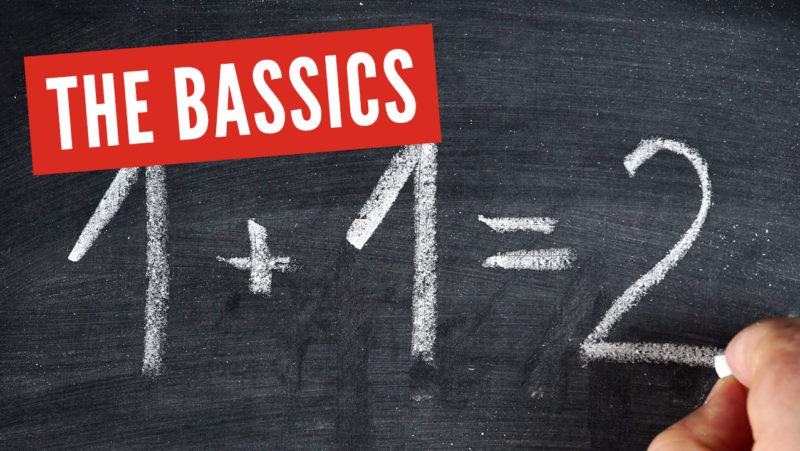
thomas bugert
cool article!
whatis you opinion to benefit and promotion gigs?
hey guy this time is for promotion but there aer imporant guys from the agency…..
this is a benefit gig, but there are many rich people, i think they coud hire us….
Jayme
I used to play that game, and it’s a gamble because sometimes it pans out well (and sometimes VERY WELL), but I’ve never experienced anything beneficial from them. I’ve done that before with studio work too, doing songs under the table, out of the Union and signing away rights, just trying to get a foot in the door for “next time.” That never really panned for me. Nowadays I like to know what I’m getting into, no surprises. Granted that’s both a personal choice as well as a business decision. I’ll touch more on this in my podcast this week, Thanks Thomas!!!
Joonas Vainio
Hi Jayme,
I can’t quite express my respect for you stressing to honest and strait in this field. Also the way you explained pricing your services is spot on.
So (a digital) tip of the hat for you!
Joonas
Jayme
Thanks so much Joonas! To me the most important aspect of doing business is doing ethical business; I don’t support or work with people who I don’t trust or respect in this regard and I also don’t give my patronage to their businesses. Thanks for reaching out!!!